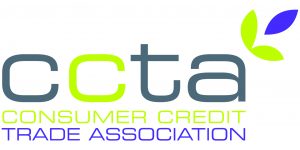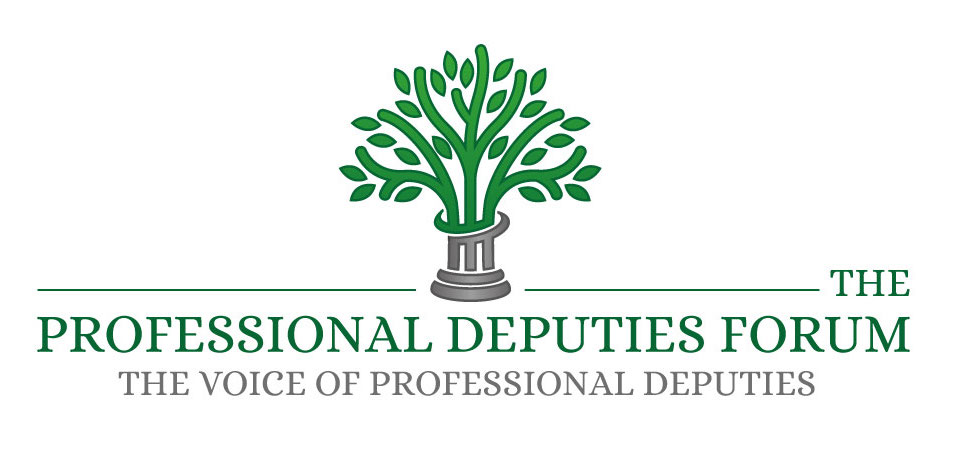Since our “open doors” launch on the 1 st March 2017 the VRS is pleased to announce that Consumers are self-registering. We are also delighted to announce the continued interest and sign up of new firms from across all sectors that wish to use and subscribe consenting consumers to the VRS register.
All organisations have a social, moral and regulatory responsibility to identify vulnerable consumers and many have invested considerably in this area to see, consider and support people at a particularly difficult and stressful point in their lives. But having identified and counselled a vulnerable consumer, until now there has been no way to make sure their circumstances are known to other organisations and that consumer will have to go through a similarly distressing experience repeating their very personal story.
The Vulnerability Registration Service starts to address this challenge by providing a platform organisations using the service with a single point of reference as a tool to complement their own vulnerability responsibilities and further protect the consumers they serve.
Latest News
The VRS is actively engaging with all sectors of the community either committed or intending on joining the VRS, including Utilities, Banks, Local Authorities, Debt Counselling Services and Insurance Companies, and of course Lenders including P2P and HCSTC. The VRS has also held very positive talks with OFGEM and are engaged with a number of other high profile representative bodies.
The VRS has also held encouraging talks with the Financial Conduct Authority and the Financial Ombudsman Service and continues open dialogue with both the UK’s financial Regulator and the UK’s official expert in sorting out problems with financial services about how the VRS service is being received by all sectors.
The VRS is delighted to welcome the support and membership of the following new members
The Debt Counsellors Charitable Trust is committed to providing free, independent and impartial advice, information and support to people who are experiencing financial difficulty. The Debt Counsellors Charitable Trust is now loading consenting vulnerable consumers to the VRS register.
The Carers Trust is a major charity for, with and about carers. Carers can register with the Vulnerability Registration Service so that organisations that check the register, such as financial services, will know that the person they are caring for is vulnerable. As a carer, you can’t register for the person you care for unless you have a formal agreement, usually a Power of Attorney. The Vulnerable Registration Service website will ask for evidence of this and sight of the appropriate document. The Carers Trust is a user and supporter of the VRS service.
The CCTA established in 1891, has a long and powerful history. The CCTA is an association representing businesses that provide credit to consumers. The CCTA work to guide their members through stringent industry regulation, offering uncompromising practical help to ensure their companies runs effectively and ethically in this competitive arena. The CCTA services include, legal advice, complaint conciliation, training, credit agreements and a comprehensive ‘news update’ and media network. The VRS is delighted to welcome the CCTA as supporters of the VRS.
Ferratum UK are a customer focused, responsible direct lender at the forefront of the mobile revolution in banking. They offer customers a fast, easy to use highway to mobile lending services. We are delighted to announce that Ferratum UK have adopted VRS as a method to identify vulnerability and help safeguard their customers.
VRS Directors Tony Leach and Mike Bradford have written articles for the latest edition of the magazine CCTA Consumer Credit 2017 Issue 2, you can read their articles on pages 32 and 33 respectively.
How the VRS can help vulnerable consumers – independent and free debt adviser case studies. The names have been changed for anonymity.
 DeborahDeborah contacted us due to having debts of £3500 with no ability to pay them. Deborah’s debts are all non-priority debts and includes credit cards, store cards,catalogues and an overdraft. Deborah lives with her mum and works part time but also receives the health benefit ESA and is looking into a PIP award, Deborah suffers with Bi-polar disorder and is under the support of a CPN. Deborah explained to her adviser that she periodically suffers debt and money management issues as due to her condition she has “high” periods which for her, includes spending money she does not have. If Deborah signed up to the VRS it would mean during these difficult times whereby she feels the need to spend credit, she would be prevented from doing so. It would |
 CarlCarl has severe mental health issues including social phobias which prevent him leaving his property.Carl has £82k of debt and although he would qualify for a bankruptcy his mental health is so disruptive that the thought of a bankruptcy causes him fear and panic. Carl’s only other option to rid himself of the debt is via requesting the creditors write off the debt. The adviser supporting Carl has been doing so for 11 months and although some debts have been agreed to be written off, others are still in the process of negotiation. Should the VRS be utilised widely it’s anticipated that these types of negotiations with creditors could occur in a much more timely manner and with greater ease, overall preventing detriment to the client. |

John John contacted us as despite obtaining a DRO and clearing his debts two years ago, he has built a further £2K in credit debts and cannot afford to repay them. John explained that he is a perpetual spender and although he knows that he cannot maintain the financial commitment he makes, his depression encourages him to obtain credit. If John signed up to the VRS it would mean during these difficult times whereby he feels the need to spend credit, he would be prevented from doing so. It would also mean that his creditors can recognise his vulnerability and amend their collection practices accordingly. |













Post a comment